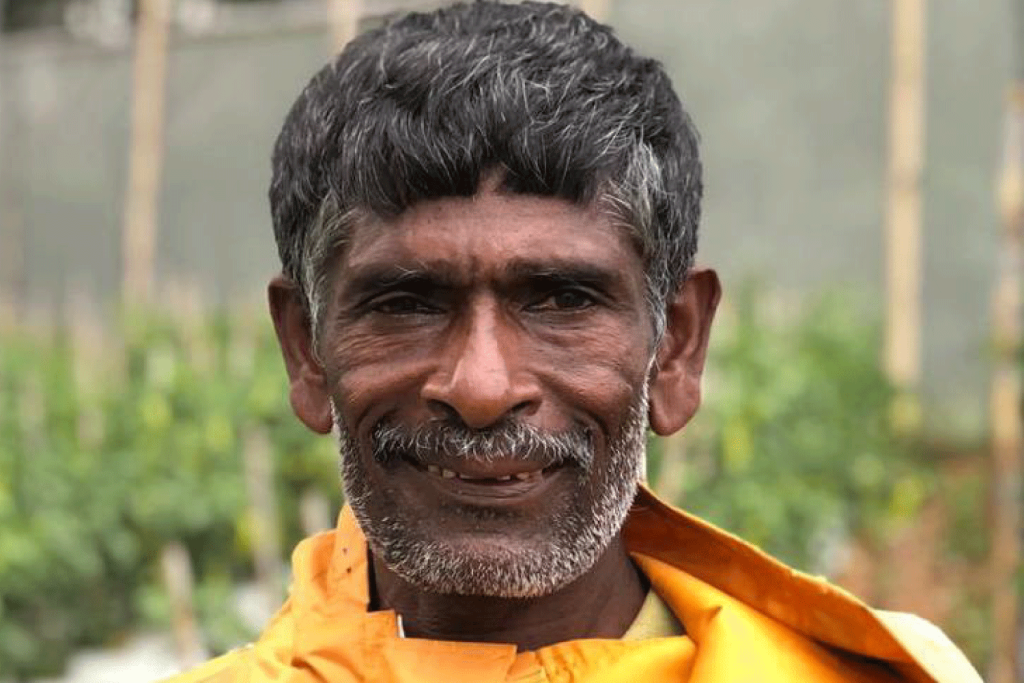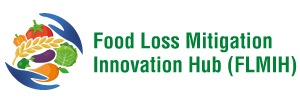
Project Description
The study examines diverse mango cultivation methods in Sri Lanka, their scale, and variations; investigates the impact of these systems on food loss within the mango supply chain and assesses their capacity for production enhancement. It aims to guide Sri Lanka’s mango industry for long-term success by adapting to market changes, environmental shifts, and technological advancements.
This comprehensive study integrated literature reviews, herbarium sample examinations, field surveys, farm visits, and stakeholder consultations to analyze the species and genetic diversity of Mangifera in Sri Lanka and evaluate the current mango production systems, providing a holistic understanding of the subject.
Policy Implications
- The study advocates for long-term studies to identify genetic variation and genetic uniformity of varieties in different production systems, especially in commercial plantations for conservation and future utilization in breeding and selection programs.
- Local varieties and landraces face threats in home gardens and orchards due to age, fragmentation, and conversion to other land forms, necessitating a comprehensive study of local collections to prevent their loss.
- Emphasis should be placed on preserving land races, local mango varieties, and wild relatives of Mangifera species through conservation programs and adequate documentation for future use in plant improvement and conservation efforts.
Publication
Ekanayaka, E.M.D.D., Pushpakumara, D.K.N.G., & Weerahewa, J. (Forthcoming). Diversity of genus Mangifera in Sri Lanka and its diverse production system: Implication for fruit losses and future of mango production. June 2024
Ekanayaka, E.M.D.D. (2024) Mango fruit diversity and fruit security: A policy perspective on availability of planting material enhancement of mango production from existing plant and plantations. FLM Briefing No 10. ACIAR Food Loss Mitigation Project. Institute of Policy Studies of Sri Lanka. Colombo
